H&M has signed a legally binding agreement on specifically eliminating gender-based violence in the workplace with an Indian apparel & textile manufacturer. This enables shop-floor monitors to advise workers on how to access and navigate grievance mechanisms, and to monitor for any form of retaliation against a worker who has raised a complaint. The agreement also enables the Tamil Nadu Textile and Common Labour Union to take un-redressed grievances forward.

So what?
Termed a “moment of change for the fashion industry”, the legislation is the first of its kind where businesses are now forced to disrupt their systemic methods and instill good practices that protect workers. At the heels of Rana Plaza’s anniversary, the fashion world has reckoned with scrutiny over its treatment of offshore labor forces. This agreement centers on the safety and agency of workers, challenging colonial practices that have usually been adopted by the fashion industry.
Can this be used as a model for change for other major players and what pan-industry collaborations may emerge to inspire safer working conditions for labourers especially women within factories?
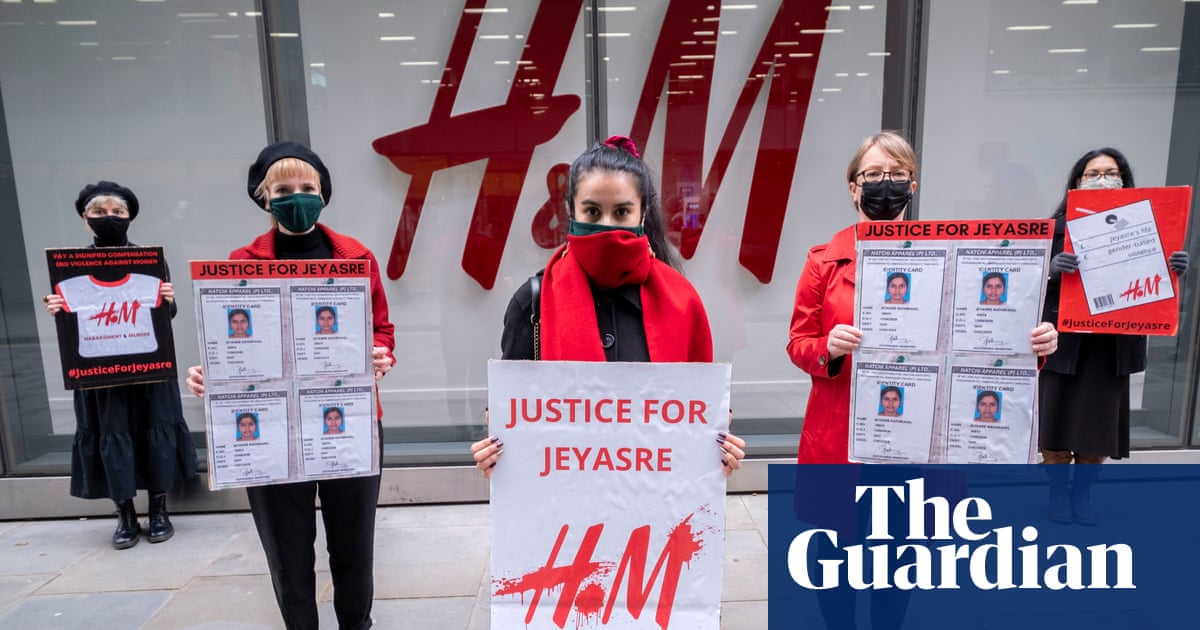
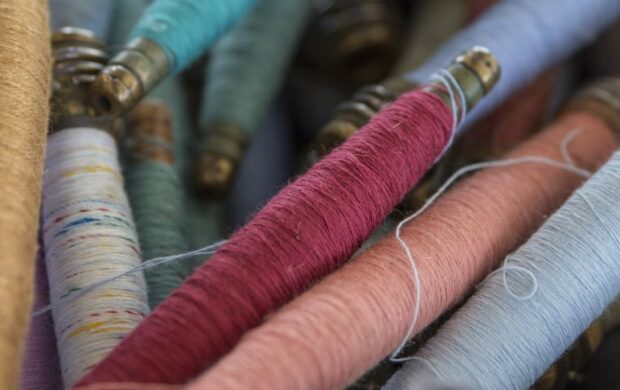
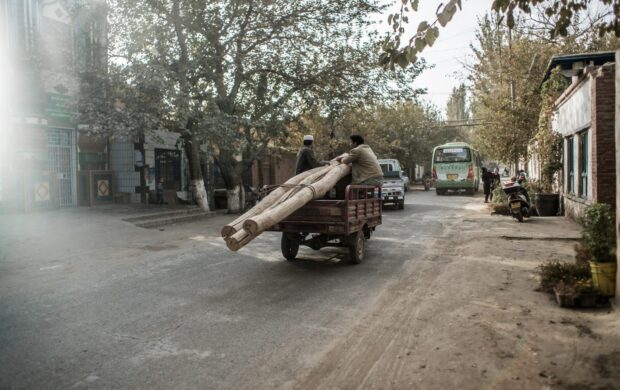

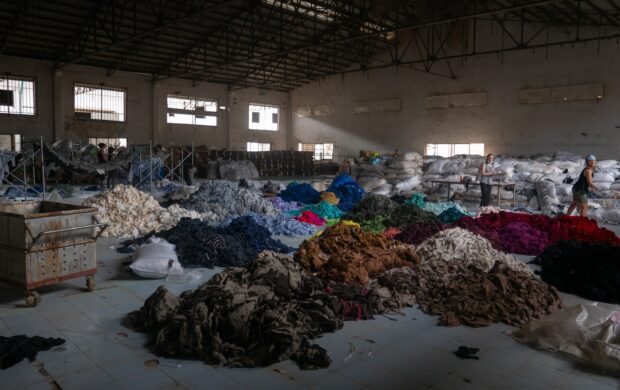

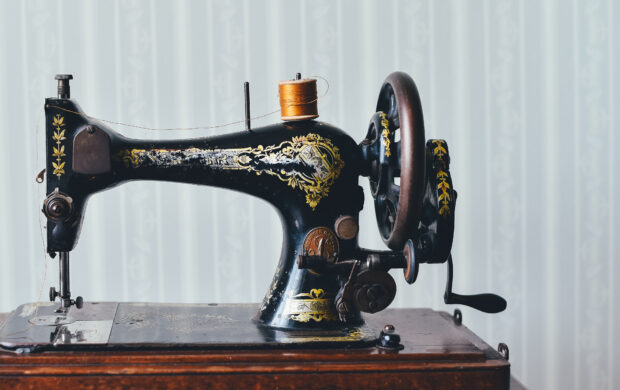
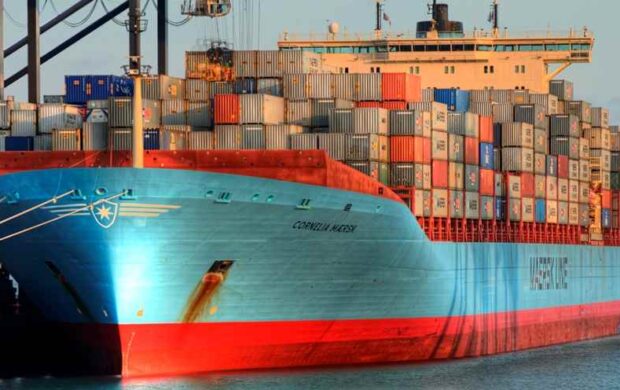

Join discussion